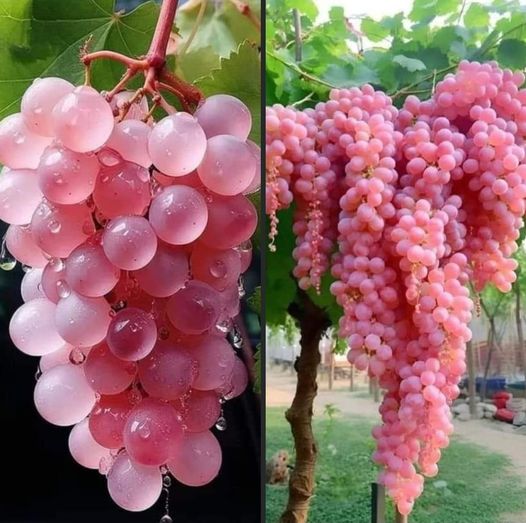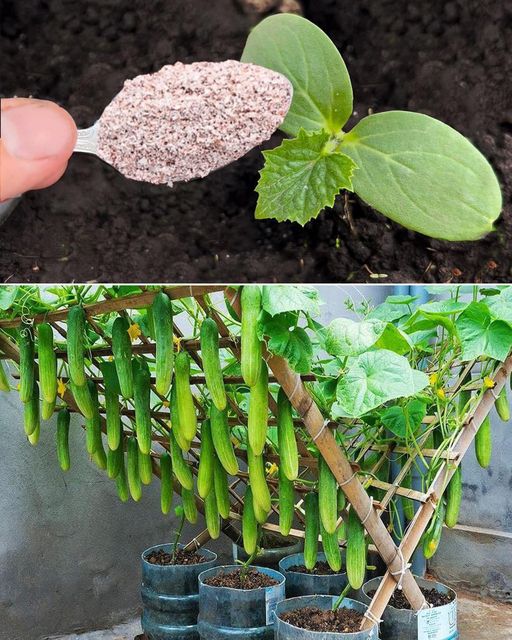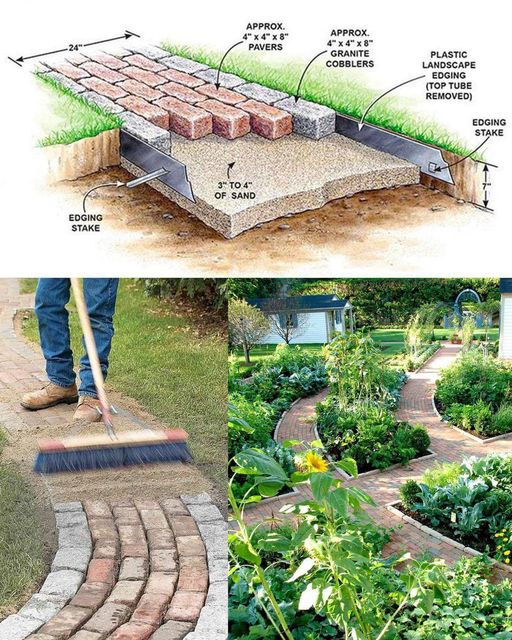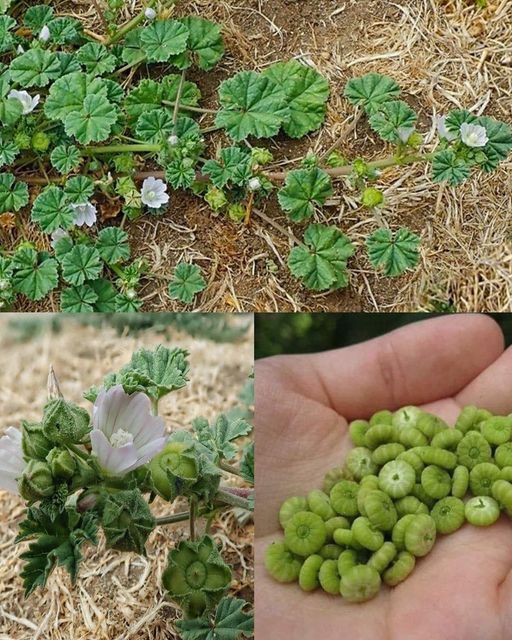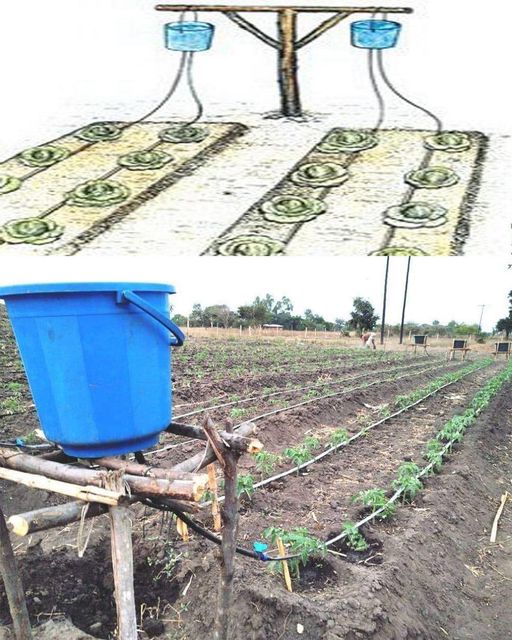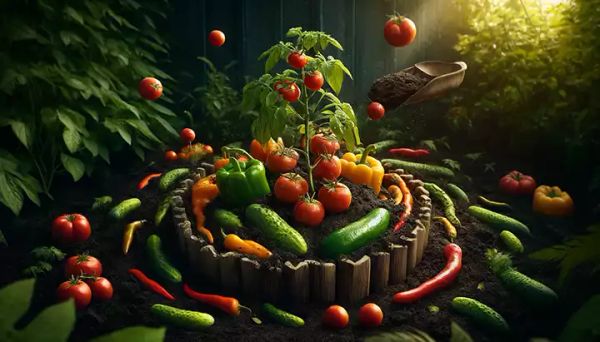
In the world of gardening, we often say that “you are what you eat.” This not only applies to humans but also to the plants we grow. And when it comes to three popular garden vegetables — tomatoes, peppers, and cucumbers — compost is an essential ingredient for their success. These plants not only need sunlight and water, but they also thrive on nutrient-rich compost. Understanding this vital connection can turn your garden into a lush paradise.
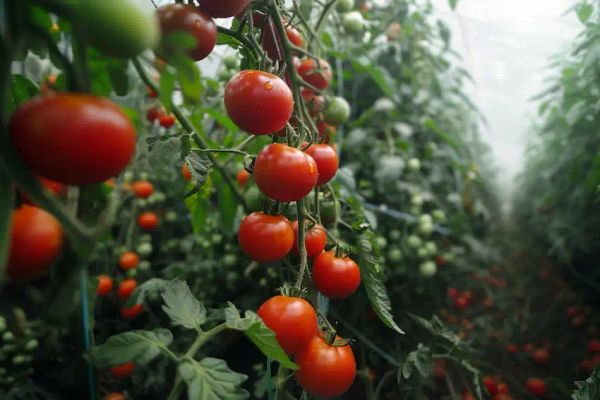
The Nutritional Demand of Tomatoes, Peppers, and Cucumbers
Tomatoes, peppers, and cucumbers are known as heavy feeders. They require more nutrients from the soil compared to many other plants. To support their rapid growth and high yield, these vegetables need essential nutrients, which compost provides generously. Compost enriches the soil with a well-balanced mix of nitrogen, phosphorus, and potassium, along with a wide range of micro-nutrients necessary for the health and productivity of these plants.
The Benefits of Compost
Compost offers numerous benefits that contribute to the success of tomatoes, peppers, and cucumbers:
Enhanced Soil Structure: Compost improves the aeration and drainage of soil while retaining moisture. This creates an ideal environment for the roots of these plants to flourish.
Slow Release of Nutrients: Unlike synthetic fertilizers that provide a quick burst of nutrients but quickly fade away, compost releases nutrients slowly. This ensures a steady supply of nutrients throughout the growing season.
Disease Suppression: Healthy plants are more resistant to pests and diseases. The beneficial microorganisms in compost help suppress soil-borne diseases that can harm these vegetables.
pH Balance: Compost helps maintain a neutral soil pH, which allows these plants to absorb essential nutrients efficiently.
Incorporating Compost into Your Garden
Here are some tips on how to incorporate compost into your garden for the best results:
Pre-planting:
Before planting tomatoes, peppers, or cucumbers, mix a 4-6 inch layer of compost into the top 8-12 inches of soil. This creates a fertile bed for seeds or seedlings to thrive in.
During the Growing Season:
As the plants grow, give them a boost by side-dressing them with additional compost. Gently work a handful of compost into the soil around the base of each plant, being careful not to disturb the roots. This mid-season application supports flowering and fruiting.
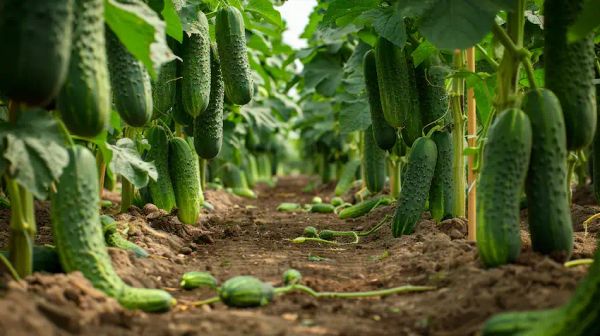
Compost: The Must-Have Companion
Never underestimate the power of quality compost when growing tomatoes, peppers, and cucumbers. It is the secret ingredient that supports their growth from delicate seedlings to robust, fruit-bearing plants. Moreover, composting is a sustainable practice that allows you to reduce kitchen and garden waste, making your gardening efforts more eco-friendly.
For gardeners who dream of juicy tomatoes, crisp peppers, and refreshing cucumbers, compost is a crucial element that should never be overlooked. By providing these plants with the nutrient-rich foundation they need, you not only enhance their growth and yield but also contribute to a more sustainable and eco-friendly gardening practice. Remember, a spoonful of compost is worth a bushel of produce. Embrace composting and witness your garden transform into an abundant and healthy haven.
